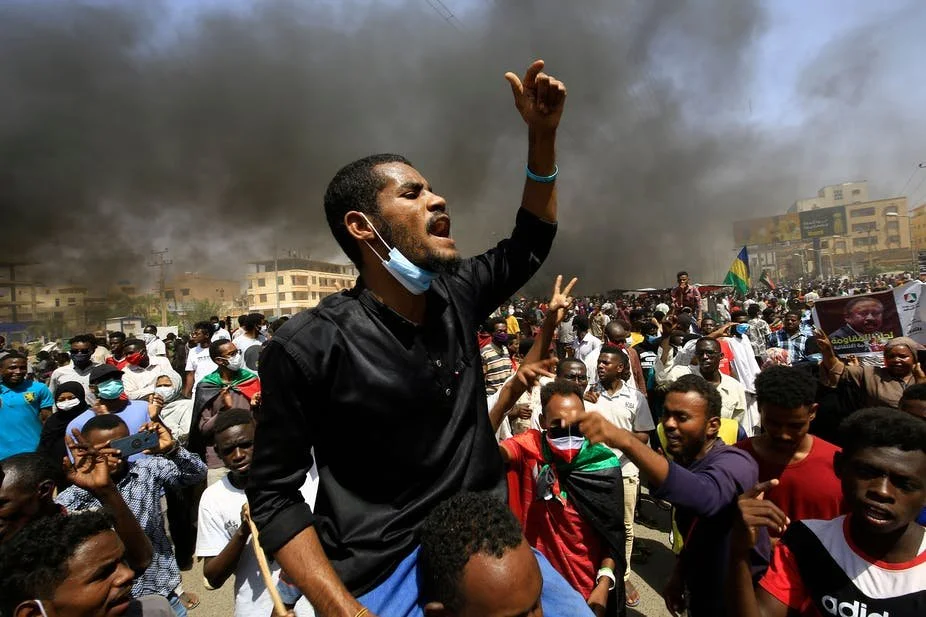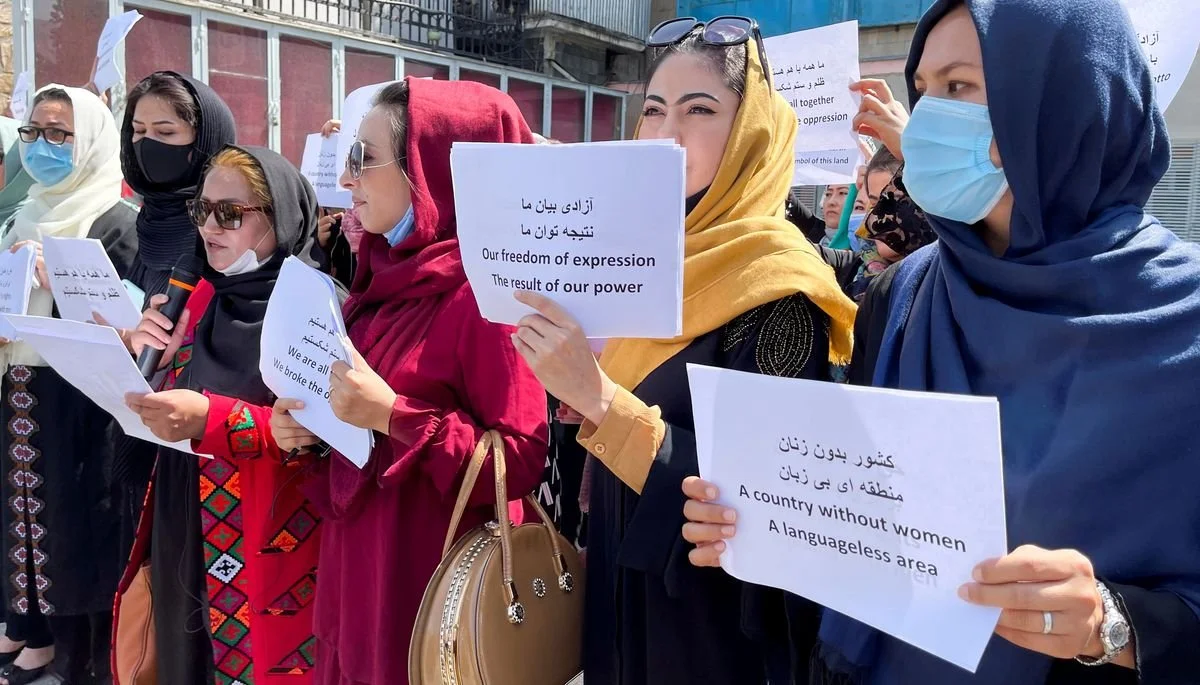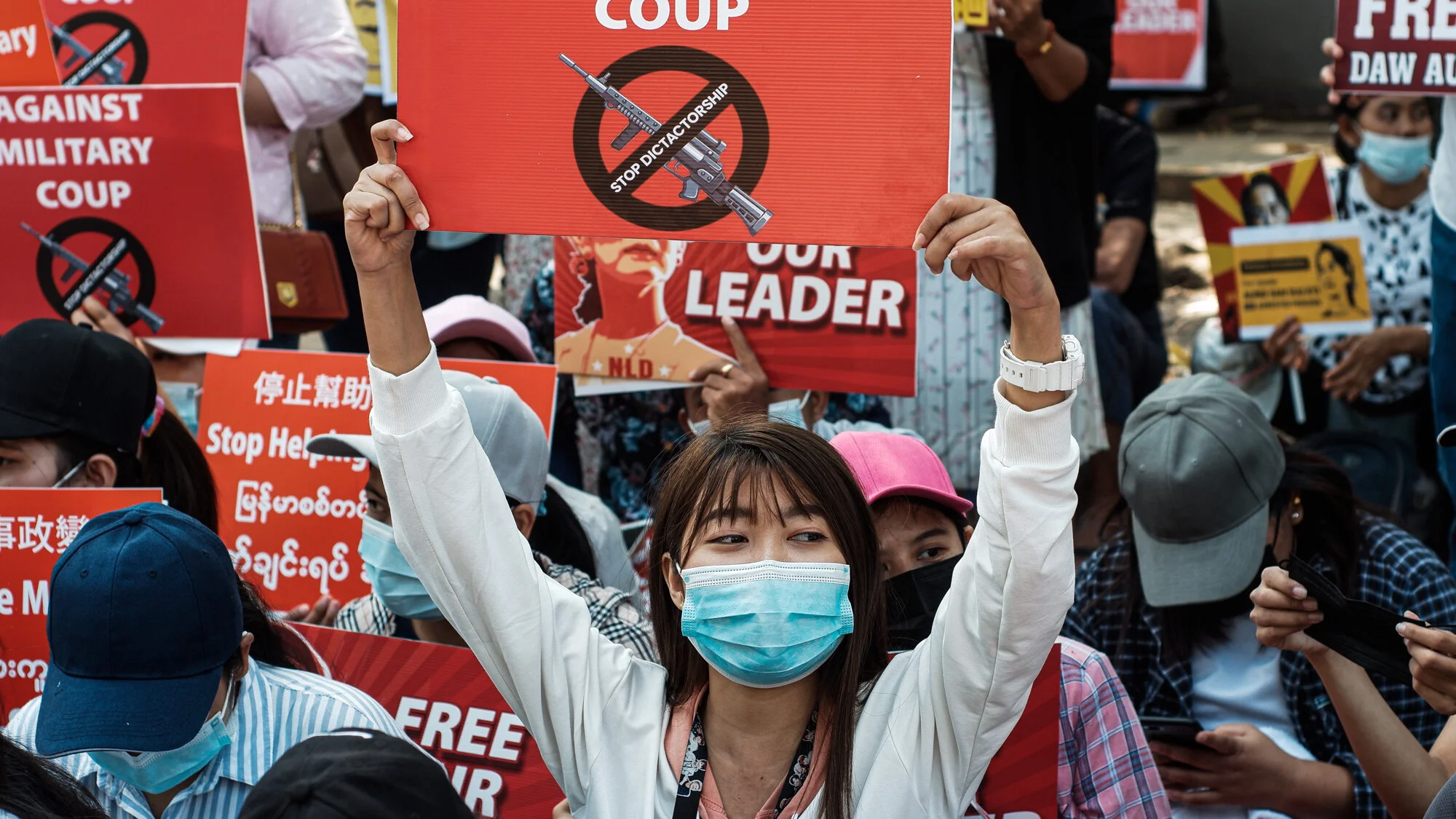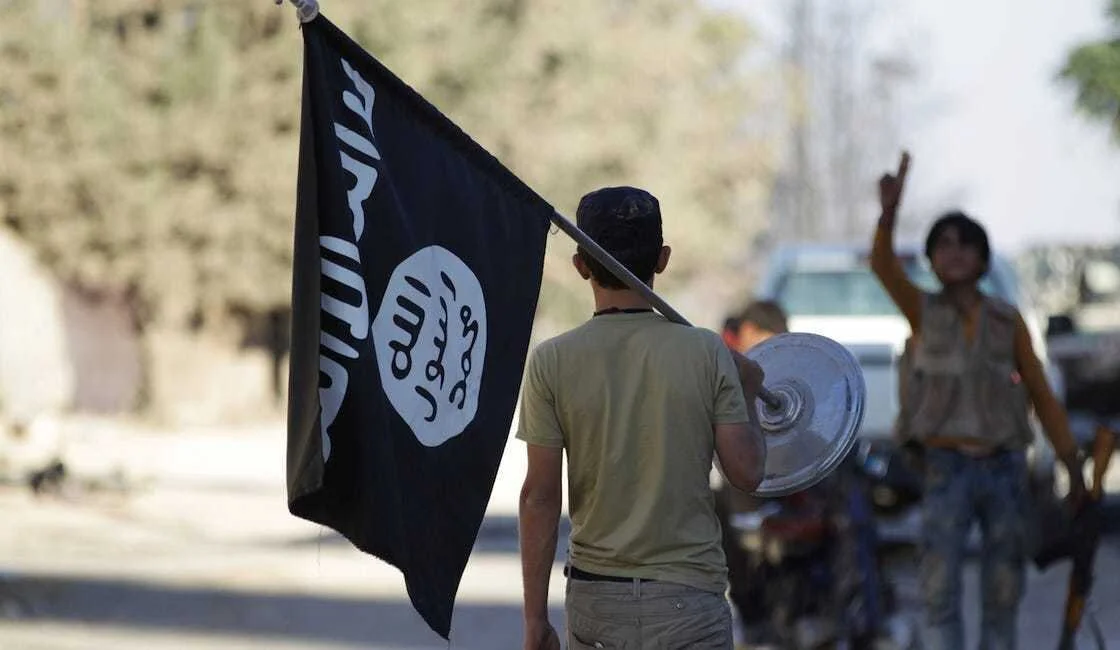If I were to ask you what is the first thing that comes to your mind when you think of Africa without any fear of social judgement, what would you say? The Lion King, poverty, coups, corruption, civil war, tribalism, zebras, and rhinos are all valid and understandable answers that most Westerners would respond with, including the writer of this article. Whether it be through mainstream media, disney movies, or controversial headlines, the West has looked at the African continent through a pitiful yet indifferent orientalist lens for centuries.
Read MoreDuring 2001-2021, many girls and women in Afghanistan relished the freedom of being able to pursue an education or earn their own wages. They no longer were required to be chaperoned by male relatives when leaving their home. Women also experienced greater representation in politics. In 2005, 68 out of 249 seats were reserved for female members in the lower house of parliament, and 23 out of 102 designated for women in the upper house.
Read MoreThe American populace, fueled with rage and revenge following the attacks on September 11, 2001, and the George W. Bush Administration took that anger and radically shifted the geopolitical position of the United States. Initiating the War on Terror, Bush placed the blame for the attacks on the Taliban, a militant group which had taken control of Afghanistan only a few years earlier in 1996.
Read MoreYears ago, when Rachel Krengel and her family went into debt, Krengel said that menstrual products became “the first thing under the bus.” Krengel was forced to ration her menstrual products and would regularly use sanitary pads for close to a full day, instead of the recommended three to four hours—not only was this a health risk, but Krengel’s everyday functioning was disrupted by this. In fact, Krengel would have to sacrifice menstrual products to put food on the table instead.
Read MoreOn February 1st, military tanks began rolling into the capital city of Myanmar, Naypyitaw, and two other large cities, Yangon and Mandalay, effectively blocking roads. In an early morning raid the same day, the military (known as Tatmadaw), detained the democrat civilian leader Suu Kyi and other senior officials of the government. The military had successfully carried out a coup d'etat and officially seized control of Myanmar.
Read MoreIn the Nov. 8, 2020 parliamentary election in Myanmar, the National League for Democracy (NLD) won 396 out of 476 seats. The Union Solidarity and Development party (USDP)—a proxy for the Burmese military—lost to the NLD by claiming only 33 seats. The USDP contested the results, appealing to the Union Election Commission. The commission dismissed the allegation of voter fraud due to a lack of evidence.
Read MoreThe rainbow flags that filled Munich’s Allianz Arena during the European Championships soccer game between Germany and Hungary on June 23, 2021, signaled the approach of a new storm cloud over the European Union. A week prior, Hungary’s pseudo-autocratic ruling party Fidesz and its prime minister, Viktor Orban, passed a law banning the depiction of LGBTQ content in schools or for anyone under 18 years old. The justification given was typical for the Hungarian government, which sees itself as a bulwark against anti-Christian forces within Europe
Read MoreDevastating flare-ups between Israel and Palestine have become commonplace news that we seem to routinely observe in a seemingly never ending cycle. However, the tragic recent war between the Israeli government and Hamas, the fundamentalist militant group that has controlled Gaza since 2007, has already brought drastic new developments and may very well lead to the political and social changes necessary to promote a long term path for peace and a better life for the civilians involved.
Read MoreThe world is at a precipice of a new Cold War embroiling the Russian Federation with the United States of America. Since its inception after the collapse of the Soviet Union, the Russian bear has clawed its way through Ukraine and Georgia, and has thrown itself into conflicts in the Middle East and diplomatic spats with Europe. As during the Cold War, the Russians are labeled as a direct threat to US strategic interests, a label which has not been printed since 1991.
Read MoreFor decades, tensions between Japan and South Korea have continued to rise. Despite other countries, including the United States, urging the two to reconcile, efforts to fully resolve the conflict have failed thus far. The countries have had countless disputes with each other, legal, economic, and security related. Many people, including most Japanese civilians, are unaware of the true cause of this rocky relationship. However, this cause can be traced back to Japan’s history of abuse, denials, censorship and lack of accountability.
Read MoreAfter staggering economic decline, increasing political instability, a massive blast at the port of Beirut that claimed over 200 Lebanese lives, and the displacement of nearly 300,000 others, the Lebanese state seems to be on the verge of total collapse. While the political elite and powerful political parties fight to maintain their grip on power as well as the status quo, ongoing protests and continued youth mobilization work to fight against the country’s dire situation.
Read MoreThe power of the Länder has proven a thorn in Merkel’s side throughout the pandemic. In the United States, states have the power to set their own public health guidelines. Huge policy discrepancies have arisen as a result, as states like Texas have removed all restrictions while states such as California have hewed much closer to the guidance of public health experts.
Read MoreOn March 23rd, Israeli citizens voted in the fourth legislative election Israel has held in the past two years. Each of these elections has been an inconclusive referendum on current prime minister Benjamin Netanyahu, who is under indictment on three corruption related charges and seems to care more about personal power than the good of Israel.
Read MoreGenerally, without a concerted effort to preempt this reemerging threat in 2021, ISIS is likely to capitalize on the pressing economic and public health challenges in Iraq and Syria and continue to expand until the U.S. and coalition partners are forced to address the problem, which will have worsened exponentially.
Read MoreThe implications of this half-century long rivalry in the Persian Gulf have been immeasurably dire for the stability and wellbeing of people in the Middle East. A détente is not only in the interest of regional peoples and states, but also for the benefit of the world given the interregional effects of war and extremism emanating from the Middle East.
Read MoreAll participants of the Arab Spring have either yielded unfathomable socio-economic losses or have reverted back to authoritarian states, leaving the Middle East the same, if not worse, than it was 10 years ago.
Read MoreThe core issue of Amazon deforestation sets the stage for the intersection of human rights and environmental activism as groups try to save both the land and rights of indigenous people. However, these forms of resistance can prove futile in Brazil— a country which has been named “the worst place” for advocates of land rights and nature protection.
Read MoreA realignment toward Russia could cost the United States its ability to ensure free-flowing oil, to access the region quickly for military operations, and to partner effectively with regional actors in advancing critical interests.
Read MoreIn the realm of United States foreign policy, President Trump maintains a unilateral approach, in which he limits the usage of alliances, whereas his Democratic opponent, Joe Biden, manifests a diplomatic strategy, in which he utilizes international institutions.
Read MoreBeginning with the United Arab Emirates (UAE) in August 2020, many Middle Eastern countries have started to consider normalizing relations with Israel.
Read More



















